The Lord is near to the brokenhearted and saves the crushed in spirit (Psalm 34:18).
At 67, I’ve reached the age when the deaths of dear ones are increasingly common events. I remember that my Nana always turned to the obituaries first when she read her New York Times. She would joke that as long as she didn’t appear in print as one of the deceased, it was bound to be a good day. That chipper remark aside, I think Nana scanned the ages and causes of death for reassurance that she herself most likely still had some time left. We tend to rank death as the worst thing that can ever happen. But we experience so many other kinds of losses.
I recently read that these nonfatal, but still very sad, events are called “shadowlosses.” Examples could include being fired from a job, a bitter divorce, the end of a friendship, a cancer diagnosis or moving from a longtime home. While such occurrences are considered to be much less important than death, some are almost as painful. What adds to the pain is the way they are so often brushed off with “well, it could be worse.” Perhaps, but the empty spaces in our lives that used to be filled with good health, a rewarding career, a beloved neighborhood can still cause tremendous sorrow.
For example, I mourn the demise of certain relationships. Even decades later, the thoughts of these lost friendships continue to sting—especially when I dwell on what I did to contribute to the final rifts. And I totally understand the folks who mourn a major move from a place they had loved, those who feel adrift after retirement, those who greatly regret the dissolution of a marriage.
We tend to divide our lives into “before” and “after” certain pivotal events. I agree with the poet John Greenleaf Whittier that “what might have been” are some of the saddest words. For me, while the deaths of family members and close friends have been wrenching, my primary “before” and “after” event is the year before I was diagnosed with bipolar disorder. That is my biggest shadowloss. I became a nasty, out-of-control stranger to myself. I caused many people pain. I completely lost what I’d always understood to be my personality. That horrible year changed me then—and I remain a changed person. Luckily, I got the help I needed and have a good life now. But I can never go back to being the Elise of my first 49 years—and I’ll always wonder what might have been if I never had a mental illness.
Honoring all of our shadowlosses is the way to honor our own human experience. We can endure our regrets, our “what might have beens,” because we aren’t alone.
As a person of faith, I believe that my physical death is not the end of my story. I’m confident that someday I will be in God’s presence and will spend eternity with God and the loved ones who went before me. This belief doesn’t remove all fear, of course—there is still a mystery about the dying process for each of us. But we do have blessed assurance that all will be well.
Does this confidence about the ultimate “loss” affect my shadowlosses as well?
I think it does. My faith gives me some welcome insight into life. Trusting in Christ’s promises, I have hope that, no matter how difficult my current situation may be, my future holds peace and joy. I can look back on past sorrows and disappointments honestly—and even anticipate the inevitable shadowlosses to come—without despairing. God became human as Jesus and fully entered into life, trials and all, reminding us that none of us can escape troubles.
And when the dark days come, our reaction need not be a forced optimism or the denial of a harsh reality. Sometimes tears and sadness are completely appropriate responses to such events as an illness or the loss of a home, a friend or a job. Throughout my life I’ve received my greatest comfort from those who didn’t offer shallow platitudes or pep talks but who instead stood alongside me, acknowledging my pain. I believe that, in these low moments, my Lord also stands by me and weeps with me, without judging me for the reasons I feel the way I feel.
I’m so glad that we’re starting to talk about shadowlosses. We need to stop minimizing other people’s sadness and stop encouraging them to “just cheer up.” Yes, time will pass. They/we will, someday, feel better. But in the meantime, it’s OK to cry. It’s OK to feel genuine grief and not have to justify it on some sliding scale. Life on earth is really tough. Period. Honoring all of our shadowlosses is the way to honor our own human experience. We can endure our regrets, our “what might have beens,” because we aren’t alone. We have each other, and we have our God. God extends to each of us unlimited love, acceptance and grace. Can we do any less for one another? For ourselves?
Read more about:


